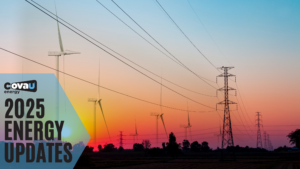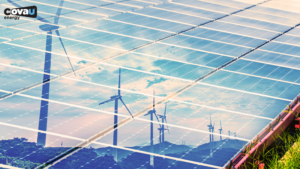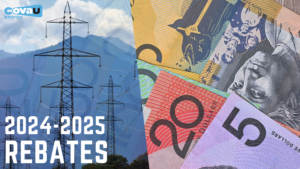Ever consider the best heating solutions for your home? Whether you are building, renovating, or questioning your heating choice as winter sets in, exploring the right heating system can be a game-changer, ensuring your comfort during the colder months. Let this be your guide for we’ll be weighing the pros and cons of gas versus electric heating and helping you find the perfect fit for your home.
GAS HEATING
Gas heating systems are fueled by butane, propane, liquefied petroleum gas (LPG), or natural gas. Here are some key points about gas heating:
Pros:
- Energy Efficiency: Gas heaters are generally more energy-efficient than their electric counterparts. They provide instant warmth and distribute heat evenly throughout the room.
- Lower Operating Costs: Natural gas prices have historically been lower than electricity rates. If you have access to a natural gas supply, you’ll likely save on your energy bills.
- Ideal for Large Spaces: Gas heaters are excellent for heating large living areas or open-plan spaces. They can maintain a comfortable temperature even in expansive rooms.
Cons:
- Upfront Costs: Installing a gas heater involves upfront costs, including purchasing the unit and hiring a professional for installation. However, the long-term savings can offset these costs.
- Maintenance: Gas heaters require regular maintenance to ensure safety and efficiency. Annual servicing is essential to prevent gas leaks and maintain optimal performance.
- Carbon Monoxide Risk: Gas heaters produce carbon monoxide (CO) as a byproduct. Proper ventilation and regular inspections are crucial to minimize this risk.
ELECTRIC HEATING
Electric heating systems convert electricity into heat and are easy to install. Here’s what you need to know about electric heating:
Pros:
- Affordable Installation: Electric heaters are easy to install and don’t require gas connections. Plug-and-play models are readily available.
- No Combustion Byproducts: Unlike gas heaters, electric heaters don’t emit CO or other harmful gases. They are safer for indoor use.
- Zoning Options: Electric heaters allow precise temperature control in individual rooms. You can heat only the areas you need, potentially saving energy.
Cons:
- Higher Operating Costs: Electricity prices tend to be higher than gas rates. If you rely solely on electric heating, your energy bills may escalate during winter.
- Slower Heating: Electric heaters take longer to warm up a room compared to gas heaters. They are less effective for large spaces.
- Environmental Impact: While electric heating doesn’t produce direct emissions, it relies on the overall electricity grid. If your electricity comes from fossil fuels, the environmental impact remains.
The choice between gas versus electric heating depends on your specific needs. Consider factors such as your home’s size, existing infrastructure, and budget. If you have access to natural gas, a gas heater may be more cost-effective. However, if you prioritize safety and ease of installation, electric heating could be the better choice.
Remember to compare energy prices, assess ongoing maintenance costs, and weigh the environmental impact. Ultimately, the goal is to keep your home warm while minimizing expenses and ensuring safety.
ABOUT COVAU ENERGY
CovaU Energy is a 100% Australian-owned company providing electricity and gas to homes and businesses across Australia. We offer competitive energy plans, top-rated 24/7 customer service, no lock-in contracts. We also have incredible rewards to our new and existing clients. For more information about our electricity and gas plans, call 1300 111 688 to talk to our energy specialists or request a quote for the rates in your area. You may also compare plans and directly sign up here.
Sources: Australian Climate Systems | Savvy | A Nice Home










